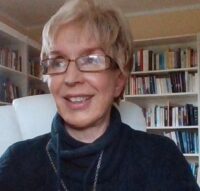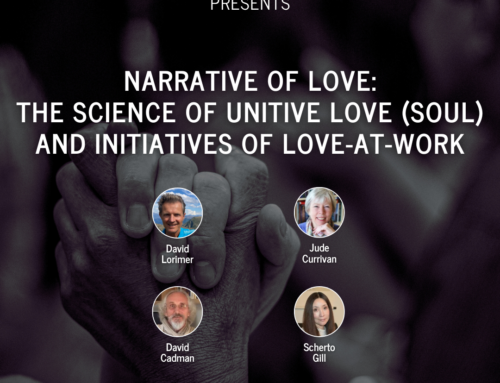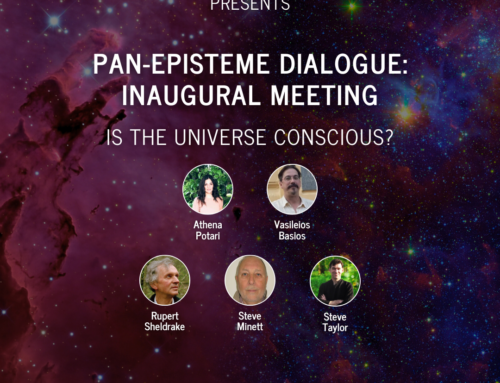Event recording
Event description
The topic stems from the fact that neuroscience is currently the accepted scientific authority on the nature of consciousness, even though some of its major underlying assumptions are verifiably inaccurate. The purpose of this talk is to begin a dialogue about unintended bias in experimental design. We include the variables that we believe (hypothesize) to be relevant. However, what is not in the equation cannot appear in the results. Bad research design can lead honest scientists to misinterpret their results by confusing correlation with causality.
The current biomedical frame of reference is about 100 years out of date from a standpoint of modern physics. Unfortunately, scientists have for so long perpetrated the myth of their own objectivity, that they have come to believe it themselves. They have become complacent in their acceptance of old paradigms. Scientists with the same belief systems review grant applications of others and continue to approve funding only for those with similar convictions. This is hindering progress in both clinical medicine (e.g., cancer research) and the investigation of consciousness. Half the relevant data (e.g., biophysics) are currently being excluded from mainstream biomedical research and the results are tantamount to trying to understand the essence of an elephant by focusing solely on its toenails.
 Dr. Sarah Knox, Professor Emerita at West Virginia University (WVU), is a psychophysiologist and epidemiologist. She received her MS and PhD degrees from Stockholm University in Sweden and began her research career as principal investigator at the Karolinska Institute and University of Stockholm doing research on Swedish twins. She then moved to the National Institutes of Health in the U.S., where she helped design and analyze multiple epidemiologic studies on cardiovascular disease and was Associate Scientific Director of the National Children’s study, following 100,000 children from pregnancy to age 21 years. However, the study was cancelled for budgetary reasons, and she then move to WVU. There she has done research on environmental toxicology, as well as the integration of systems biology, biophysics and cancer. She is currently broadening that research to include consciousness and spirituality. She has published more than 100 peer reviewed articles in scientific journals, a book, “Science, God and the Nature of Reality”, as well as multiple chapters and monographs. Her research has more than 3000 scientific citations and she has been an ad hoc scientific advisor to NATO and the World Health Organization. She has lectured at and chaired many sessions at scientific conferences all over Europe, U.S. and China.
Dr. Sarah Knox, Professor Emerita at West Virginia University (WVU), is a psychophysiologist and epidemiologist. She received her MS and PhD degrees from Stockholm University in Sweden and began her research career as principal investigator at the Karolinska Institute and University of Stockholm doing research on Swedish twins. She then moved to the National Institutes of Health in the U.S., where she helped design and analyze multiple epidemiologic studies on cardiovascular disease and was Associate Scientific Director of the National Children’s study, following 100,000 children from pregnancy to age 21 years. However, the study was cancelled for budgetary reasons, and she then move to WVU. There she has done research on environmental toxicology, as well as the integration of systems biology, biophysics and cancer. She is currently broadening that research to include consciousness and spirituality. She has published more than 100 peer reviewed articles in scientific journals, a book, “Science, God and the Nature of Reality”, as well as multiple chapters and monographs. Her research has more than 3000 scientific citations and she has been an ad hoc scientific advisor to NATO and the World Health Organization. She has lectured at and chaired many sessions at scientific conferences all over Europe, U.S. and China.


